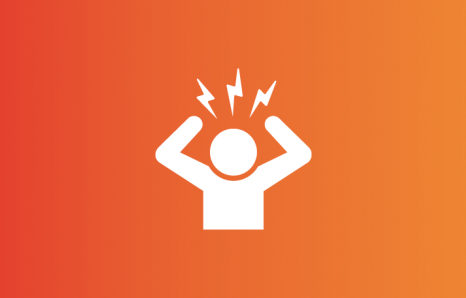Through the many interactions you have with your colleagues, you get to know how they behave. Perhaps you've noticed changes in someone's behaviour, and you're concerned as to how they might be coping? Everyone's experience of mental health is different, so there are no hard and fast rules, however, there are certain signs that you can look out for which may be indicative of low mental wellbeing. In this session, Sean Liddell, a Mental Health First Aid Trainer helps you to recognise them.
You may also be interested in:

How to become news-resilient
Most of us can relate to this: we get into bed at night to scroll through our phones and see what is happening on social media and the internet. We may think this routine helps us unwind, connects with others, distracts us, helps us catch up on the news or lets us see what the people we follow are up to. Little do we realise that this self-destructive night time activity, called doomscrolling, can become a compulsive habit that affects our health. If you’re guilty of doomscrolling, this session will help you get this habit under control.

Young people and mental health
Positive mental health allows adolescents to think, learn and thrive. Watch this 5-Minute Wellbeing film for practical tips to boost the mental health of the young people in your life.

Mental health of children and young people
Our guest speaker, Hinal Patel, a Cognitive Behavioural Therapist, shared insights and guidance on how to support young people’s mental health and wellbeing.
